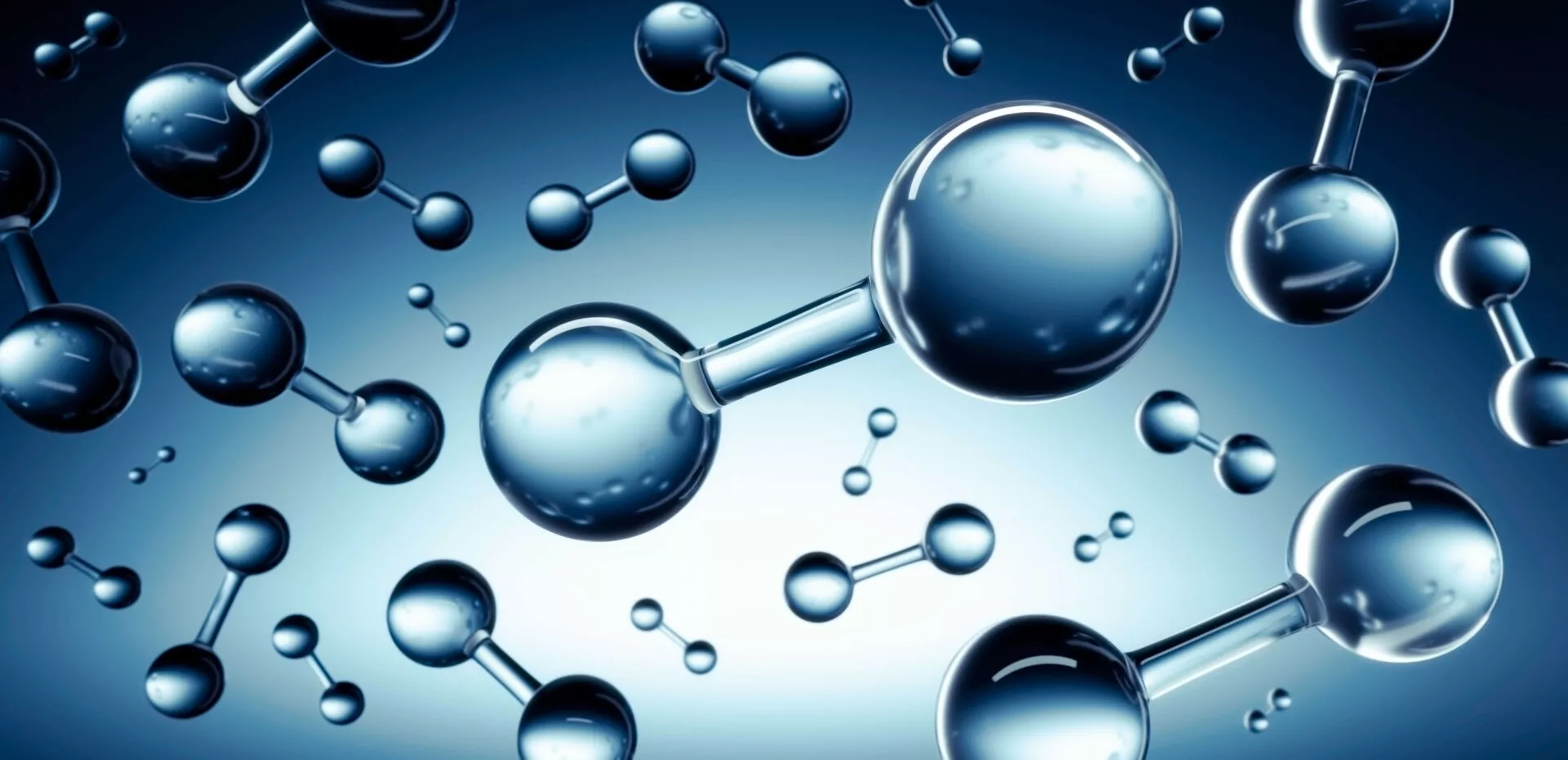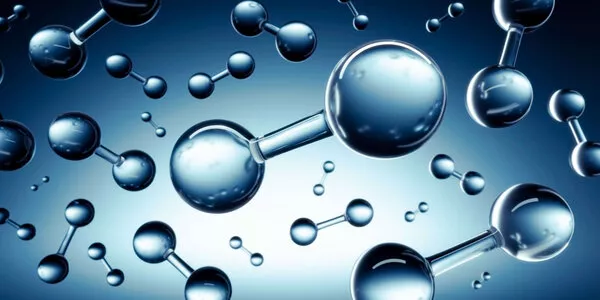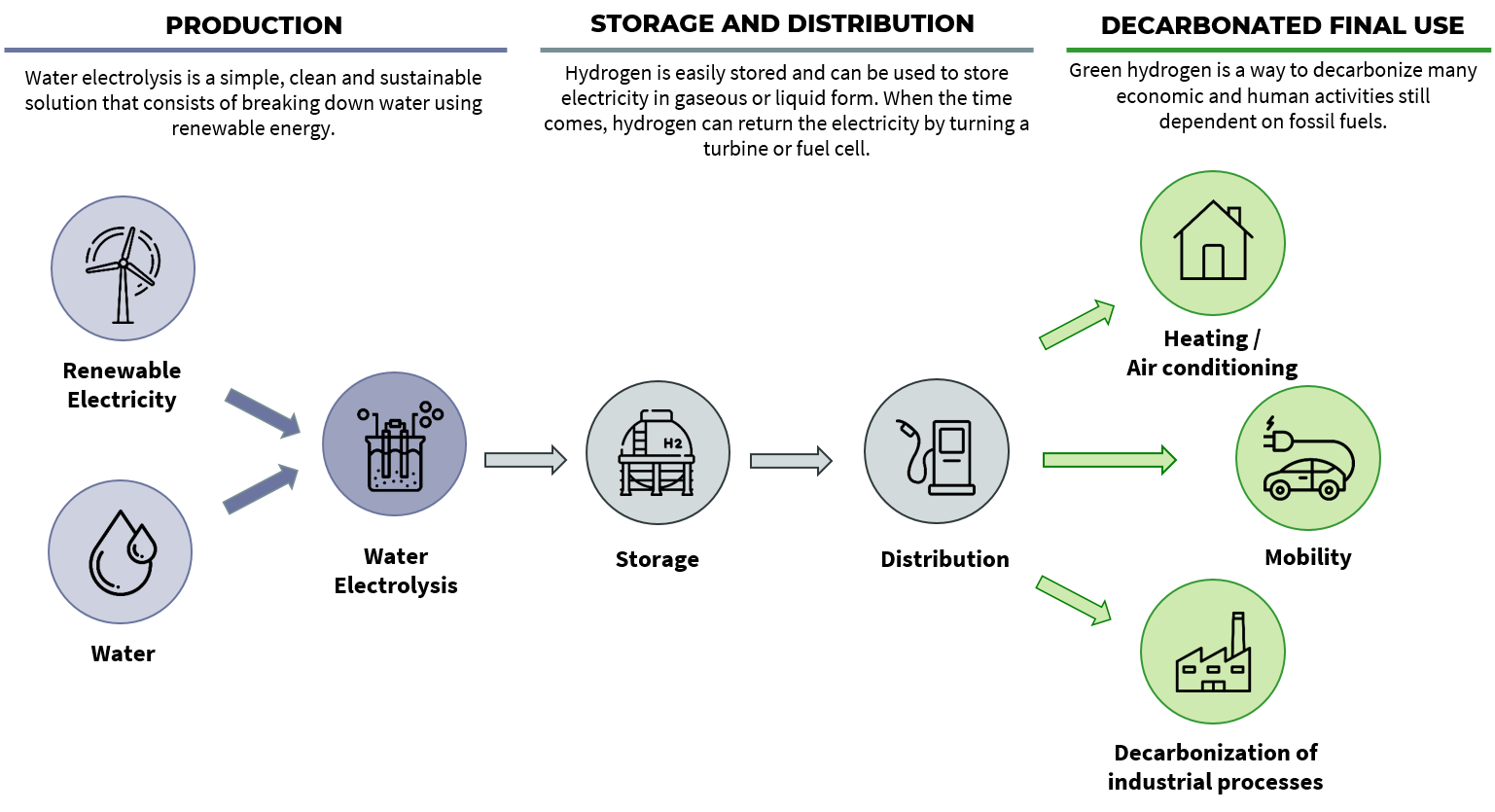
Hydrogen
In 1874, in his famous novel The Mysterious Island, Jules Verne prophesied the advent of hydrogen in response to the exhaustion of coal: "I believe that water will one day be used as a fuel, that hydrogen and oxygen, which constitute it, used alone or simultaneously, will provide an inexhaustible source of heat and light of an intensity that coal cannot have." 145 years later, at a time when the climate emergency has never been so urgent, this energy vector is at the heart of all attention and is enjoying unprecedented acceleration.
Hydrogen: an essential factor for a successful energy transition
Hydrogen (H2) is the most abundant chemical element in the universe. Whether in industry or for environmental preservation, it has been used for many years for multiple applications:
Industry: Hydrogen is a reagent used in many industrial sectors such as chemistry to make textile fibers, the glass industry, electronics or metallurgy.
Energy: Combined with the fuel cell, it is a formidable vector of clean energy since it enables electricity to be produced on board electric vehicles or in areas isolated from the power grid.
Environment: The main use of hydrogen is the elimination of sulfur naturally contained in oil, to produce cleaner fuels.
Spatial: It is also used as fuel for space launchers.
How is hydrogen produced?
Like electricity, hydrogen is mainly produced from another resource (oil or natural gas), so it is particularly polluting.
However, there is a much less polluting way to produce hydrogen: electrolysis. On the one hand, electrolysis does not require hydrocarbons as a raw material and on the other hand, this technology has a lower impact on the environment and CO2 emissions.
When the electrolysis process is powered by renewable electricity (photovoltaic solar panels, wind turbines, hydroelectric power plants, etc.), we obtain "low carbon" or "green" hydrogen.
Source: Engie, McPhy – September 2020
Articles

En 1874, dans son célèbre roman L’île mystérieuse, Jules Verne prophétise l’avènement de l’hydrogène en réponse à...
Hydrogen value chain

Source:”Cap sur l’hydrogène”, Air Liquide – August 2019